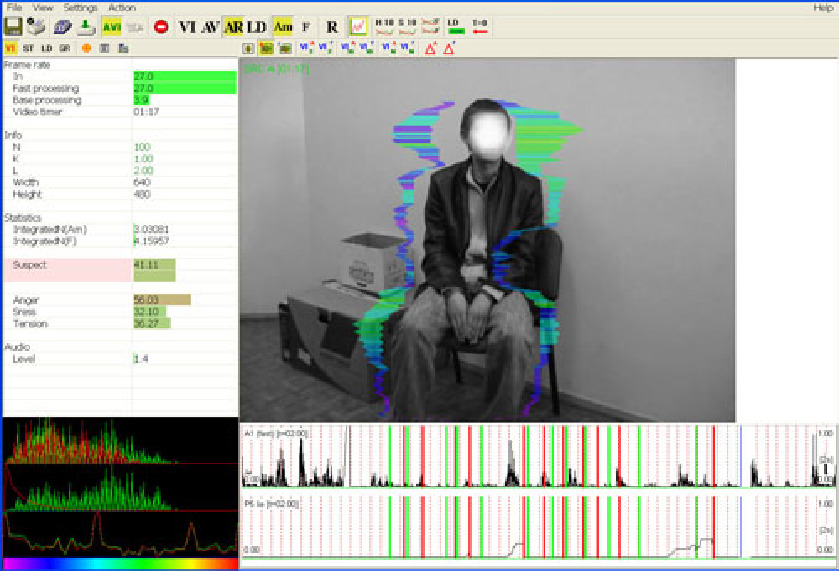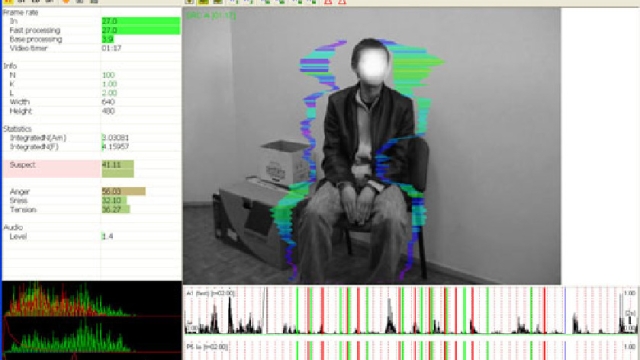
In a world where deceit can be prevalent, the lie detector test stands as a beacon of truth-seeking. This fascinating tool has captured the imagination of many, stirring debates over its accuracy and reliability. Used in a variety of settings, from criminal investigations to employment screenings, the lie detector test has the power to unravel mysteries hidden within the fabric of deception. The mere mention of this test can evoke a mix of emotions, with some viewing it as a concrete validation of honesty, while others question its validity and ethics.
Polygraph
History of Lie Detector Test
The use of lie detector tests, also known as polygraphs, dates back to the early 20th century. The invention of the polygraph machine is credited to John Augustus Larson, a medical student and police officer from Berkeley, California. Larson’s creation of the polygraph in the 1920s laid the foundation for modern-day lie detection techniques.
Initially, the polygraph was primarily used in law enforcement agencies as a tool to aid in criminal investigations. The early versions of lie detector tests measured physiological responses such as changes in blood pressure, heart rate, and respiration rate to determine if a person was being deceptive. Over time, advancements in technology have improved the accuracy and reliability of these tests.
Despite controversies surrounding the accuracy and reliability of lie detector tests, they continue to be used in various settings including criminal investigations, pre-employment screenings, and security clearances. The evolution of the lie detector test over the years reflects society’s ongoing fascination with uncovering the truth through scientific means.
Accuracy and Limitations
When it comes to lie detector tests, accuracy is a crucial factor to consider. These tests are designed to measure physiological responses such as heart rate, blood pressure, and skin conductivity. However, it’s important to note that these physiological responses can be influenced by various factors, including anxiety, stress, or even the individual’s belief in the test’s accuracy.
Despite advancements in technology, lie detector tests are not foolproof. There are limitations to their accuracy, as they can be influenced by a person’s ability to control their physiological responses, as well as the skill of the examiner administering the test. False positives and false negatives can occur, highlighting the need for caution when interpreting the results of a lie detector test.
While lie detector tests can be a valuable tool in certain situations, it’s essential to approach them with a critical eye. Understanding both the strengths and limitations of these tests is key to utilizing them effectively. A balanced perspective on the accuracy and potential pitfalls of lie detector tests is essential to ensure they are used responsibly and ethically.
Ethical Considerations
When it comes to lie detector tests, ethical considerations play a crucial role in their implementation. The use of such tests raises questions about individuals’ rights to privacy and personal autonomy.
One key ethical concern revolves around the reliability and accuracy of lie detector tests. It is essential to consider the potential consequences of relying on such tests as determinants of truth.
Furthermore, the impact of administering lie detector tests on individuals’ mental and emotional well-being cannot be overlooked. It is important to ensure that the process is conducted in a respectful and considerate manner.
